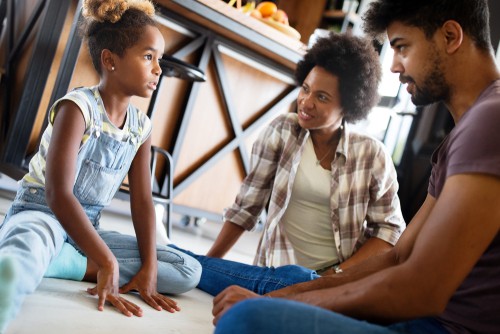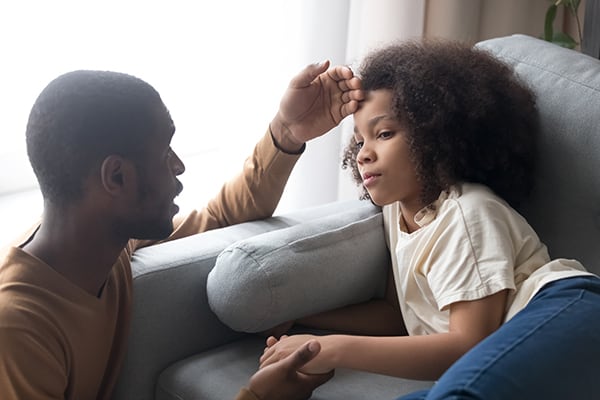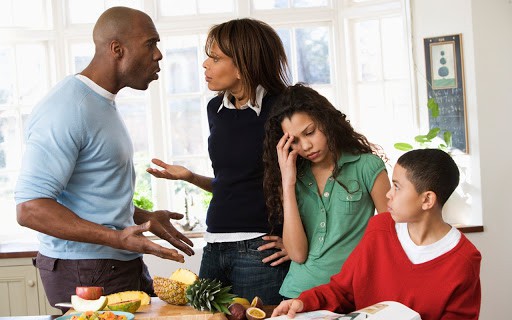
The violence in the world nowadays surrounds our kids, as seen in the news, in our environment, and even in their schools. Our children are exposed to stories, images, and videos of violence that frightens them.
The recent happening in the country is one example of the kind of violence that our kids are exposed to. As their parents, the best way to help these kids cope with violent issues is by being there to talk to them, provide accurate information while teaching them about values.
Here are some tips you can use to help you talk to your kids on how they can cope with violence.

Encourage them to talk about what they see or hear. You should be in sync with your child’s feelings and encourage them to talk about what they have seen or heard. You can also initiate a conversation by talking about a show you watched with them or probably asking for their opinion concerning g what they saw in the news. “How do you feel after seeing people injured on TV?”
- Your kids will feel much better when they can share their feelings with you. It takes away that burden of facing their fear alone.
- When you talk with your kids, you get to know about what they might have heard in school. And if need be, debunk and misconception they might have by providing accurate information.
- If your child has been a victim of silence maybe through bullying, provide them a haven where they can feel safe and express their feelings without being condemned.

Limit their exposure. Research has shown that kids exposed to violence via movies or video games tend to get desensitized to violence, this means they are less likely to feel shocked at the sight of any violence. This is why there has been lots of talk about kids playing certain games like PUBG (Players Unknown Battleground) and Call of Duty as they tend to expose children them to violence at an early age.
- Be involved with what your kids are doing. Be also careful about the kind of movies and games they play. For instance, always remind your kids that what they see superheroes do on TV is not real, and people get hurt if such is tried in real life. Ways you can reduce their exposure to violent materials;
- Limit TV viewing to age-appropriate programs.
- Supervise what they watch on TV, the games they play, and their use of the internet.
- Make use of PG ratings provided by the TV stations for programs.
- If possible, install monitoring applications or tools that can block out inappropriate materials from the TV and internet.
Provide tools to help cope with their feelings. Suggest ways that your kids can express themselves rather than getting violent. Teach them to use words instead of getting physical. For example, ‘if a classmate takes her toy and after asking for it the child refuses to drop it, tell her to walk away from such a situation.’
Teach them about bullies. Violence in school can occur as a result of a child bullying yours. Read more on how to address your child being bullied and if your child is the bully.

Watch and control your behavior. Be aware that your kids are watching you, and they are learning from you without you even knowing. Be careful of the way you address argument when angry, be a model of good behavior if you want to raise a non-violent child.
Seek help when necessary. If you are worried about your child’s behavior, contact a professional in the school or at your hospital.